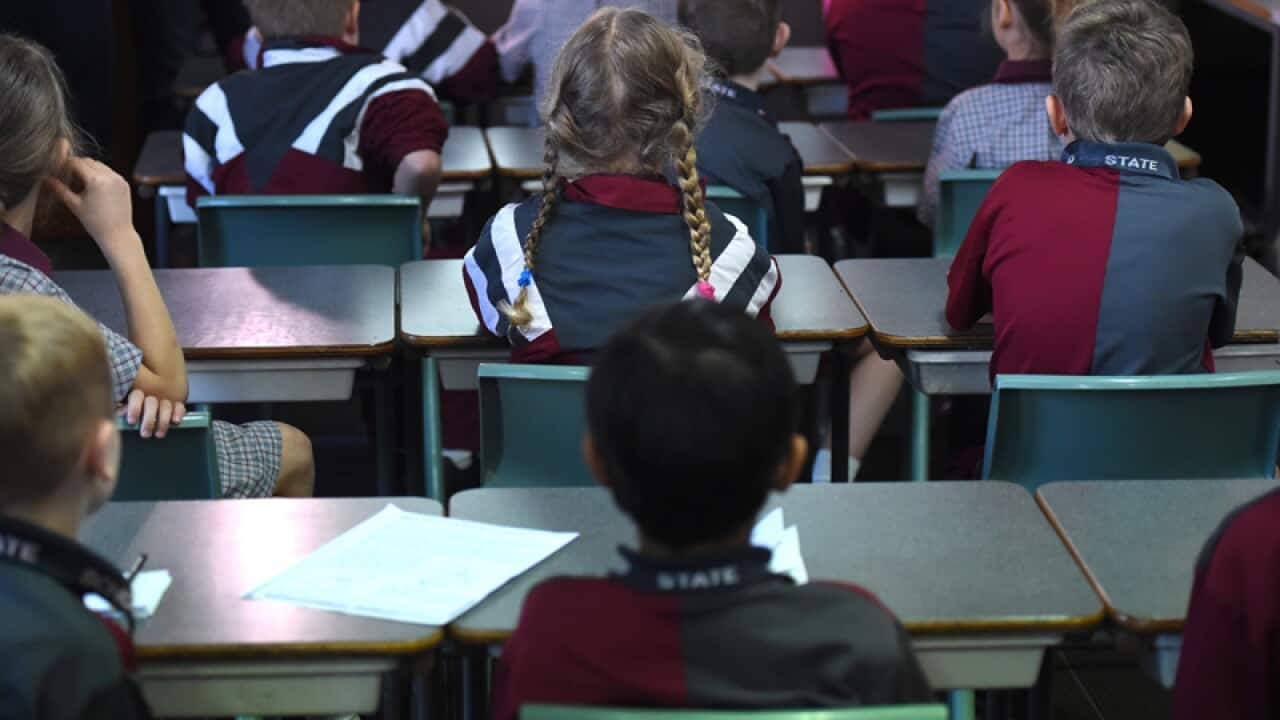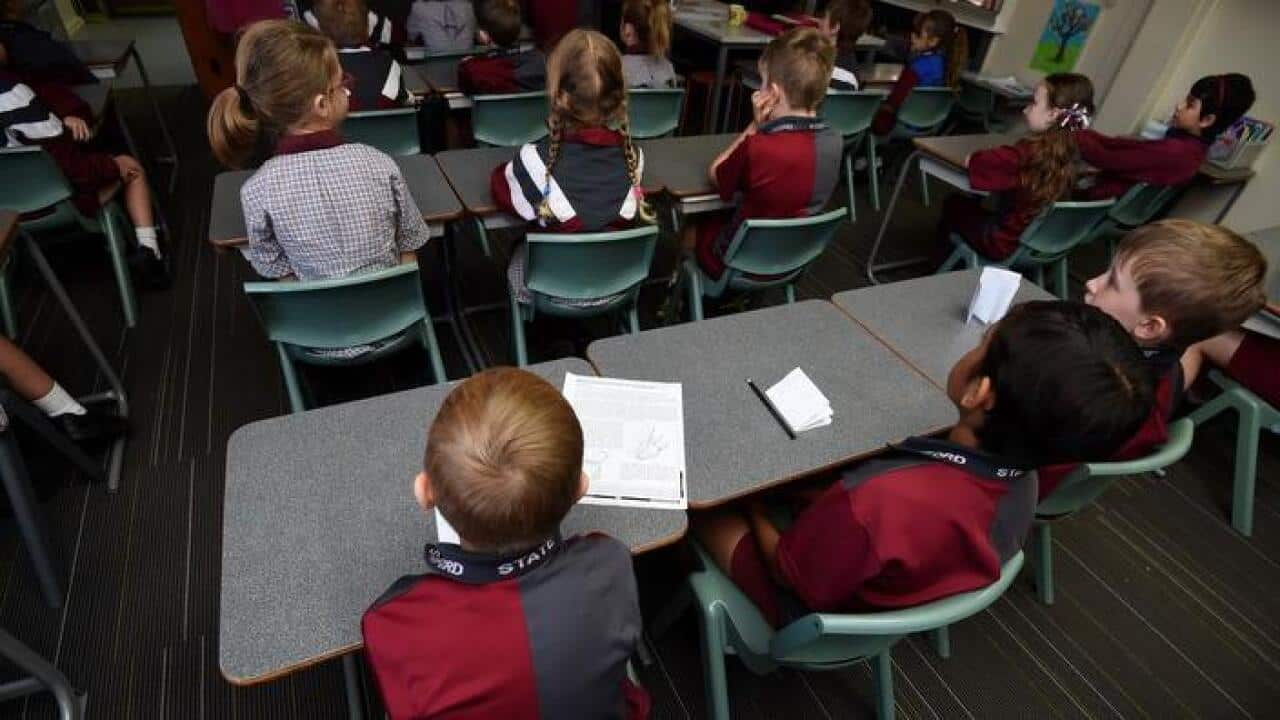The release of the final 2016 NAPLAN results round out a trio of report cards on Australian students and the grade is not great.
But students from non-English-speaking backgrounds have performed strongly in reading and maths.
Results show in Year 3 reading, students from migrant backgrounds had stronger mean scores across all of Australia, and scored more highly in all states except Victoria and the territories.
Migrant children also outscored non-migrant children in Year 3 writing, grammar and punctuation, and numeracy.
The NAPLAN results show there was a continuing strong performance among children from non-English-speaking backgrounds in Years 5, 7 and 9.
There has also been a definite improvement among Indigenous primary school students, according to NAPLAN results, but there's still a long way to go.
Association of Heads of Independent Schools national chairwoman, Karen Spiller, said the 2016 NAPLAN Report delivered encouraging news for schools working with Aboriginal and Torres Strait Islander students.
She said the 2016 NAPLAN results showed overall gains for Indigenous students in Year 3 and Year 5 in reading and numeracy and welcome improvements in early learning.
Federal Education Minister Simon Birmingham told ABC News 24 the improved results for Indigenous and migrant students were "good news".
"If there is a glimmer of light in today's NAPLAN results, it is that we are seeing in some measures Indigenous students starting to close the gap, that that gap has shortened or narrowed in terms of Year 3 reading skills for Indigenous students," he said.
"Similarly we are seeing in some migrant groups or students that don't have a background in English improvement in their results, in some cases outstripping other students.
"There are positive indicators there that back the fact that we want to see funding distributed according to need."
However the results were less rosy for Australian students in general, with both the literacy and numeracy results confirming that student achievement has largely stagnated in recent years
Education ministers meet on Friday to discuss a new deal on school funding, expected to be finalised in the first half of next year and start from 2018.
Results have improved since NAPLAN testing began in 2008 and there are good results in some year levels in some states and territories, testing administrator, the Australian Curriculum and Reporting Authority says.
But chief executive Robert Randall said with no significant improvements across the board in recent years, Australia should expect more for its children.
"We need to raise our expectations and strive for improved results across the board," he said.
"As we have also seen recently with Australia's performance in international assessments, there is broad scope for improvement in achievement."
The final report, which is largely similar to August's preliminary results, comes on the heels of two international studies showing Australia lagging behind in maths and science education.
Mr Birmingham said the cumulative results showed Australia had a strong school system but needed to make sure funding is being spent on things proven to lift results.
"Australia cannot afford to follow the status quo in schooling," he said.
"We need to move the conversation on from just how much is being spent in schools to focus on how our record funding can best be used for the benefit of students."
Labor education spokeswoman Tanya Plibersek says the trio of reports released over the past few weeks show disadvantaged children are still struggling at school, making it vital that governments boost funding to poorer schools.
Despite the overall gloomy picture, the NAPLAN results do show that since 2008 there have been significant cumulative gains made by indigenous students.
The Association of Heads of Independent Schools of Australia said this was encouraging, although there was still a large gap between the achievements of Indigenous and non-Indigenous students.
NAPLAN results for 2016
- Reading for Years 3 and 5 better than 2008 but no improvement from 2015
- Spelling, grammar and punctuation for Year 3 better than 2008 but no improvement from 2015
- Numeracy for year 5 better than 2008 but no improvement from 2015
- Writing for Year 9 worse than comparable tests in 2011
- Only Years 3 and 5 have significantly higher proportion of students meeting national minimum standards than in 2008
- WA and Queensland made higher gains than other jurisdictions
- ACT, NSW and Victoria still have highest average achievement in Years 3, 5 and 7.
WATCH NOW: 'So happy and so pleased': School dux for Syrian teen refugee
With AAP.






